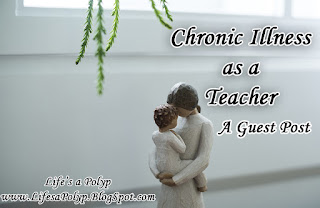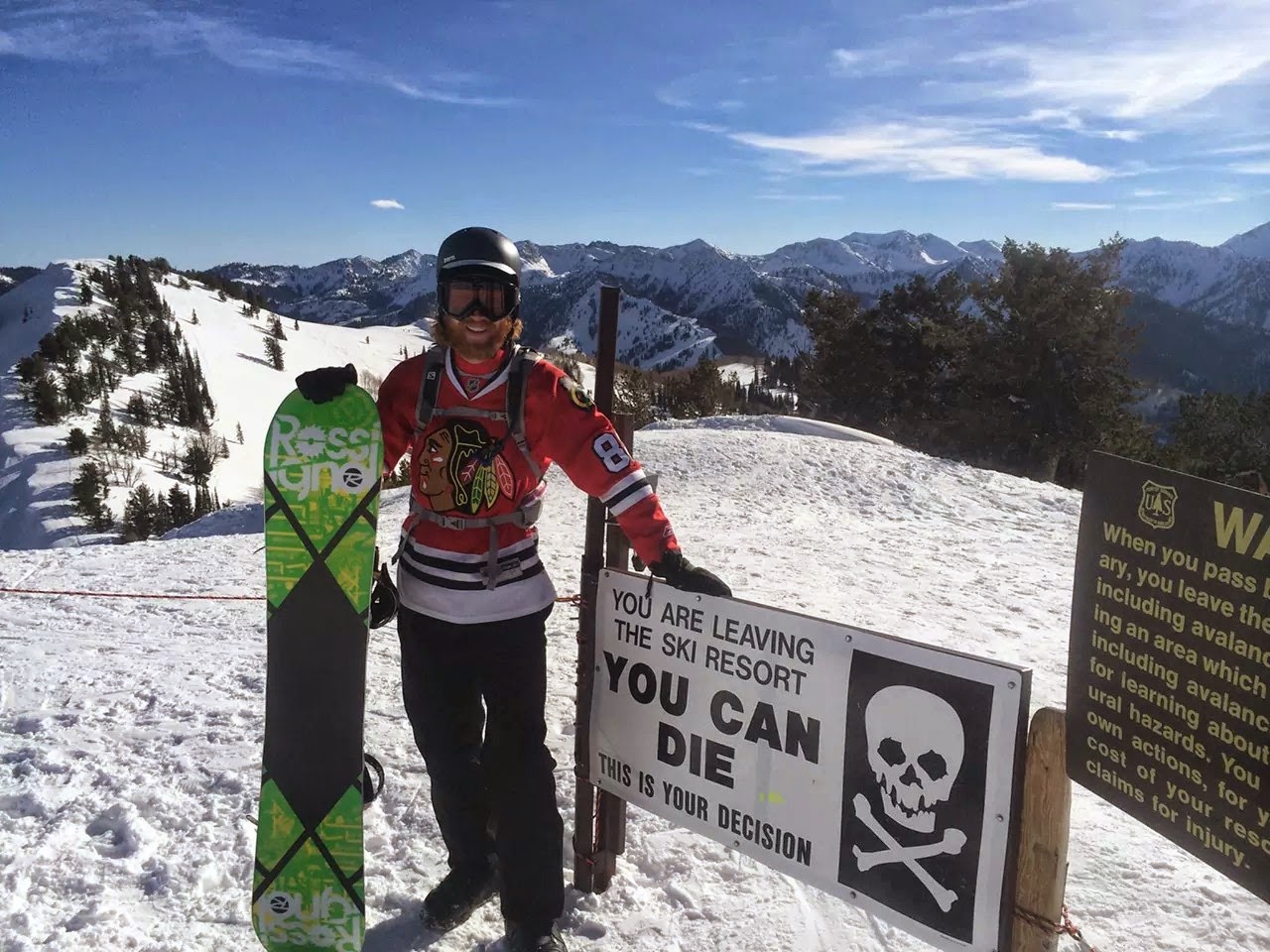There are good days and there are bad days when dealing with a chronic illness. The fact is that you just don't know what will happen tomorrow, or even an hour from now. But, having a chronic illness or losing a friend to one does not mean there is nothing you can do to manage the pain and grief. "Manage" is the key word. How do you manage your grief?
What is Grief?
Grief is a natural emotional response to loss, brought on by loss. Small or significant, it is okay to grieve and for most people the more significant the loss the more intense your grief. How you grieve and how long is up to who you are. Factors such as your personality, life experiences, faith and your coping mechanisms all play a role.
How to Cope with Grief
Coping with grief can be difficult, so here are five first steps to take when you have a chronic illness or are dealing with the loss of a friend who you've lost from a chronic illness.
- Express your Feelings
If you don't express your feelings, you are bottling those feelings in and possibly doing yourself an injustice. This doesn't mean you need to cry on the shoulder of a stranger when sad or yell at your colleagues when angry, but, it is okay to tell a friend, family member, or coworker ho you are feeling, that you need the comfort of someone near you, or to be left alone for some time.
- Take Care of Your Health
Turning away from your health could mean no longer exercising, eating poorly, or losing routine in your life. Both physical and mental health can be at risk during your grieving process, so taking time to focus on your health is important. One way to start is by creating a nighttime routine such as a bath or shower, prepping your clothes for the next day and reading a book to fall asleep. Adding small things such as essential oils, calming music or even adding breathing and meditation to your routine are great ways to relax your body and mind.
- Understand the Inevitability of Bad Days
Bad days are going to happen. You may wake from a restless night, be plagued with difficult thoughts, or you're just having a bad day. All of these are legitimate, and when grieving you will inevitably have difficult days. Understanding that these days will occur will not make your grief fall to the wayside, but you will know that tomorrow may be better.
- Don't Forget - Moving on Doesn't Mean You Must Forget
A common myth about grief is that if you try to move on you must forget. If you lost a friend, it means you should put thoughts of that friend aside. If you are coping with a chronic illness this might mean you should forget the good times before your illness. This simply is not true. There is room in us to both manage the grief as well as remember our loss.
- Seek out Support
Support groups, therapy and confiding in someone you trust are not easy to do for many people. When you grieve these can be even more difficult. However, knowing that support is available to you is important. Understanding that you are not the only one (often the case when grieving) can be encouraging and help you cope with your emotions and pain.
Grief will affect everyone at some point in their life, but when dealing with a chronic disease, yours or that of a loved one, your grief can take longer to manage. However, it is important to know that there are coping solutions to help you keep yourself moving forward.
 Elise is a freelance writer located in North Carolina that regularly covers health and wellness topics for Mattress Advisor. She is especially passionate about understanding and researching mental health and loves to educate others on the topic through her writing.
Elise is a freelance writer located in North Carolina that regularly covers health and wellness topics for Mattress Advisor. She is especially passionate about understanding and researching mental health and loves to educate others on the topic through her writing.


















